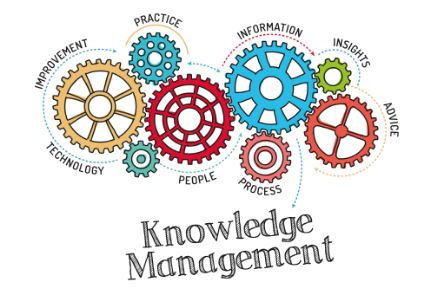An Analysis into the Impact of Knowledge Management on Strategic Planning:Focus on the UK Low Cost Budget Airline Sector (2012)
Impact of Knowledge Management on Strategic Planning – This dissertation is aimed at a thorough understanding of the forces that impact on an organization, particularly those that can be harnessed to provide competitive advantage. It deals with the emergence of low-cost carriers in UK. It is aimed to examine and analyze the use of knowledge as a resource based view for business strategy and as applicable in the Porter’s diamond model to the strategy of the organization by examining the performance of low a cost budget airline and focusing on the strategies that make low fares possible specifically on how an organization identifies, assesses and exploits its competencies, and translates these into new processes, products and services, with levels of competitive rivalry in the industry.
The Diamond model explains a process for the need of managing knowledge in order to achieve a quantum change in business strategy as this is particularly important in businesses as firms recognizes the need for different strategic approaches in the markets they operate.
The research begins with an overview of business strategy and its current focus on organizational resources and capabilities. It links this resource-based view of strategy to a knowledge-based view where knowledge is considered the most important strategic resource. Building on this view, it presents a framework that aim to relate the knowledge strategic management in business to their competitive advantage, and raises implications for competing via knowledge – as knowledge (internally and externally) is also changing the way firms compete with their businesses, where opportunities to create value are shifting from managing tangible assets to managing knowledge based strategies.
This shifting competitive landscape is being driven by the speed of the competition in the environment they operate. To this end, by attempting to establish and relate the link between knowledge based view as a resource for competitive advantage and organizational competencies with the applicability of the Porter’s diamond model on the strategy of the low cost budget airline in the UK.
this research results will establish the validity and depict the impact of Knowledge based view processes on organizational performance and analyze the model as applicable to the competitive advantage of the industry focusing on the performance of low a cost budget airline in their business environment and the strategies that make low fares possible with very high levels of forces and competitive rivalry in the industry. Based on these result, the research would develop a knowledge management strategy from the firm’s business operations and organizations would be able to better align resources for maximum benefits.
- 20,000 words – 72 pages in length
- Good use of literature
- Good in depth analysis
- Well written throughout
- Ideal for business students
1. Introduction
General Introduction
Overview of the UK Air Industry and the Low-Cost carriers
Purpose and Objectives of the Dissertation
2. Literature Review
Introduction and Prescription
Knowledge
Knowledge Management and organizational performance
Knowledge as a Strategic resource
The inter-dependency between strategic management and strategic knowledge management
KM Competition Analysis – Knowledge Management Strategic Planning is the key to competitive advantage
Critical analysis
3. Research Methodology
Introduction
The Pivotal Aspect of the Research Question
Methods and Sources Used
Aspects of Qualitative Research Interviews
Procedure
Criticism and Limitations of the Methods
4. Data Presentation and Analysis
Introduction
Analysis of U.K. Airline Industry: Competitive Fringe
Analysis of the Porter’s model
Introduction
Entry Barriers
The products of substitution
Competitive Intensity
Bargaining Power of Suppliers
Bargaining Power of Customers
Understanding the strengths of the airline company
Case Study Analysis
Statistical analysis of some of the interview questions
Developing a Tailored Strategy: how the airline company harnesses its knowledge to a tailored strategy
The Different Strategies Led by the Low-Cost Airline
The Strategies Related to Product
The Competitive Strategies
Taxes and Insurance
The Strategies of Development
The Management Strategies
The Marketing Strategies
The price policy
Higher Utilization Rate of the Airplanes
The Use of Secondary Airports
The Implementation of Simplified Yield Management
5. Discussion and Explanation of Results
Conclusions and Recommendations for Future Research
References
Appendix Sections

